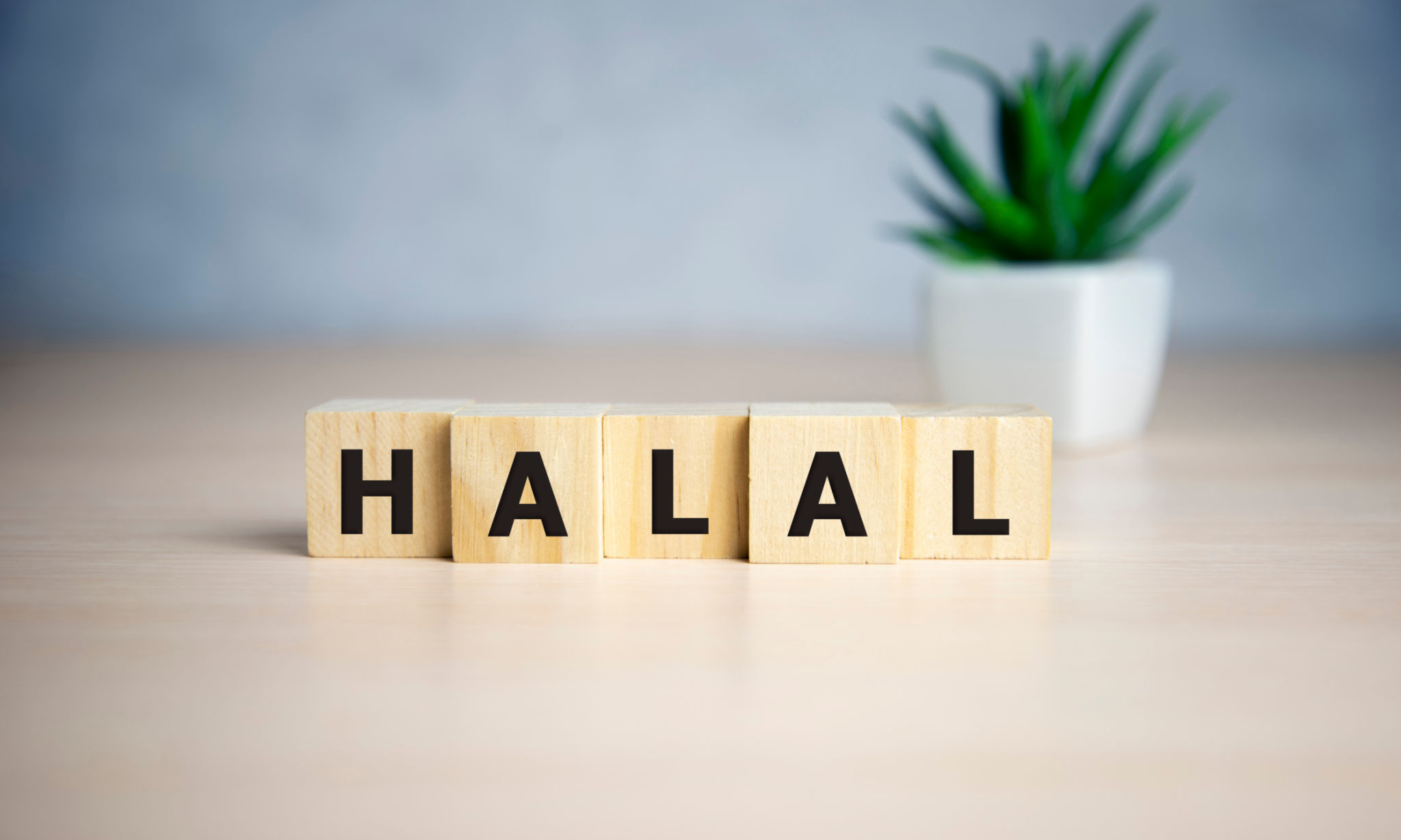How to Ensure Compliance with Halal Logistics Standards in Europe
Understanding Halal Logistics Standards
As the demand for halal products continues to grow in Europe, businesses involved in the supply chain must ensure compliance with halal logistics standards. These standards are crucial for maintaining the integrity of halal products from the point of origin to the consumer. Halal logistics not only cover food items but also extend to pharmaceuticals, cosmetics, and other consumables.
The primary aim of halal logistics is to prevent contamination with non-halal items and ensure that the entire logistics process aligns with Islamic principles. This involves careful planning and stringent adherence to guidelines set by recognized halal certification bodies.

Establishing a Halal Logistics Framework
To ensure compliance, businesses should first establish a comprehensive halal logistics framework. This involves:
- Identifying critical control points where contamination might occur.
- Implementing a segregation system for halal and non-halal goods.
- Ensuring that all staff involved in the logistics process are trained in halal procedures.
The framework should be dynamic, allowing for regular reviews and updates as necessary to accommodate changes in regulations or operational processes.
Choose the Right Halal Certification Body
One of the most critical steps in ensuring compliance is selecting an accredited halal certification body. This body should have credibility and recognition both locally and internationally. A reputable certification body will provide guidelines and support through the certification process, ensuring that all logistics practices meet halal standards.

Implementing Halal Practices in Daily Operations
Once a framework is established, it is essential to implement halal practices in daily operations. This includes:
- Regular inspections and audits to ensure compliance with halal standards.
- Documentation of all processes to provide traceability and transparency.
- Collaboration with suppliers and partners to ensure they also comply with halal requirements.
These practices help maintain the integrity of halal products throughout the supply chain, from production to delivery.
Training and Continuous Improvement
Training employees is crucial for maintaining compliance with halal logistics standards. Regular workshops and training sessions should be conducted to ensure that all staff understand the importance of halal practices and are up-to-date with the latest guidelines.

Continuous improvement is also vital. Businesses should constantly evaluate their logistics processes, seeking opportunities for enhancement. Feedback from audits, employee suggestions, and customer insights can help drive improvements.
The Role of Technology in Halal Logistics
Technology plays a significant role in ensuring compliance with halal logistics standards. Systems such as RFID tracking, blockchain for traceability, and automated segregation processes can significantly enhance the efficiency and reliability of halal logistics operations.
Adopting these technologies not only ensures compliance but also provides businesses with a competitive edge in the growing halal market.
Conclusion
Ensuring compliance with halal logistics standards in Europe is a multifaceted process that requires meticulous planning and execution. By establishing a robust framework, choosing the right certification body, implementing daily operational practices, and leveraging technology, businesses can successfully meet these standards. As the halal market continues to expand, staying compliant will be essential for businesses aiming to capture this lucrative segment.
